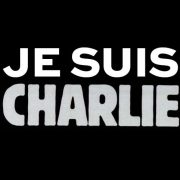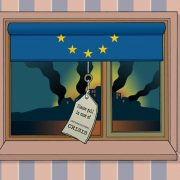Drawing the line between the freedom of expression and the prohibition of hate speech
By Fiana Gantheret
Version française disponible ici
Following the tragic events that unfolded in January in Paris this year, a debate linking two principles have re-emerged: freedom of expression on the one hand, prohibition of hate speech on the other hand. The main reason for this is the humongous support and sense of community that arose after the attacks on Charlie Hebdo. Indeed, more than a million people in France demonstrated in order to say “I am Charlie”, and thereby, to show their “unfailing attachment to the freedom of expression”. Another reason is that in the wave of this attack and the antisemitic one that followed it, more than 70 judicial proceedings for condoning terrorism and inciting to hate and discrimination were initiated against individuals that voiced support to the terrorists or minimised their actions. Instructions were given by the French Justice Minister Christiane Taubira to national prosecutors to investigate and initiate proceedings against those types of acts:
At a time when France is struck in the heart by terrorism and where the very foundations of democracy are under attack, the public prosecutor must maintain the main principles of the Republic and continue its efforts to protect the freedom of expression, inseparable from democracy.
Article 10 of the European Convention on Human Rights and Articles 10 and 11 of the Declaration of the Rights of Man and the Citizen proclaim the principles of freedom of opinion and expression which cannot be limited outside the cases determined by law.
In these times when the nation must display unity, reprehensible words or acts of hatred or contempt made because of religious affiliation must be fought with the utmost vigor.


